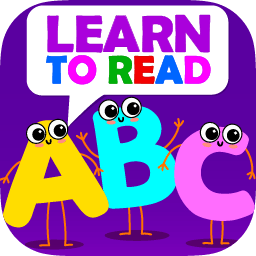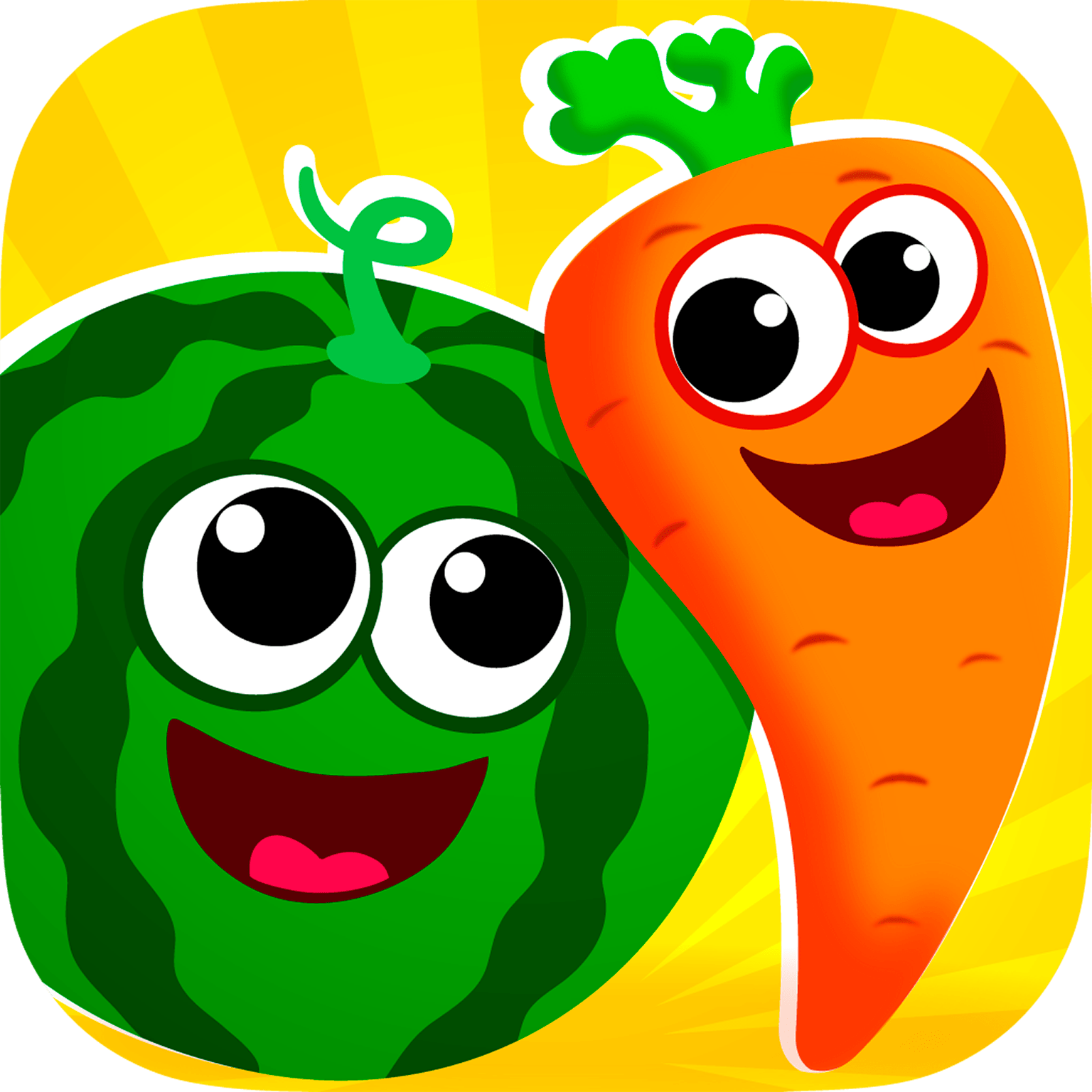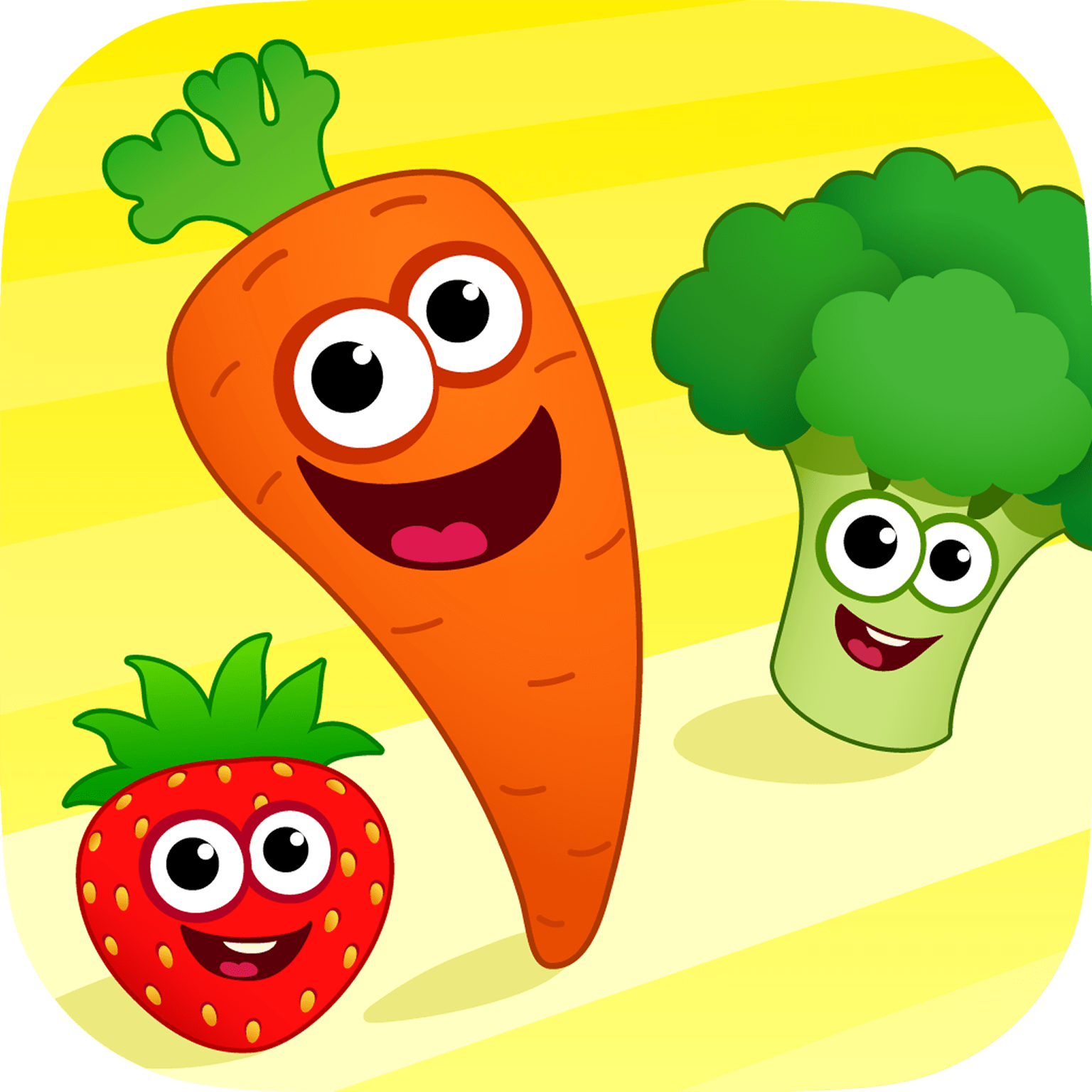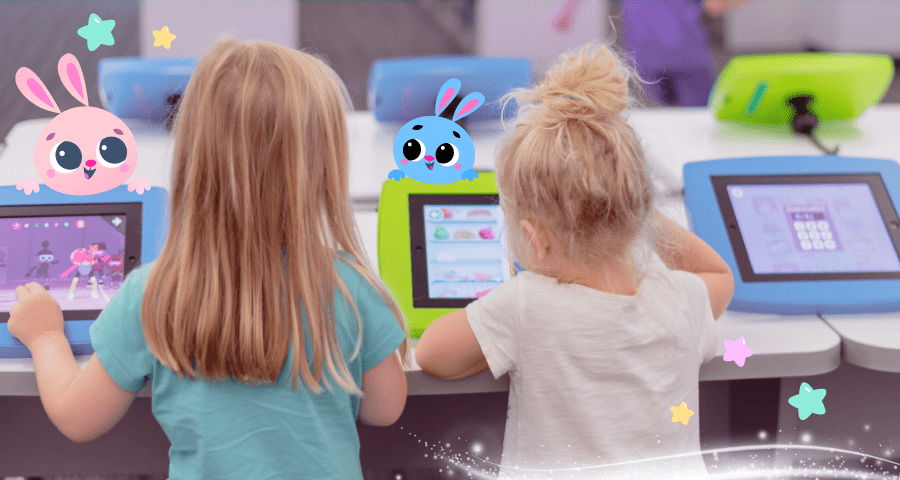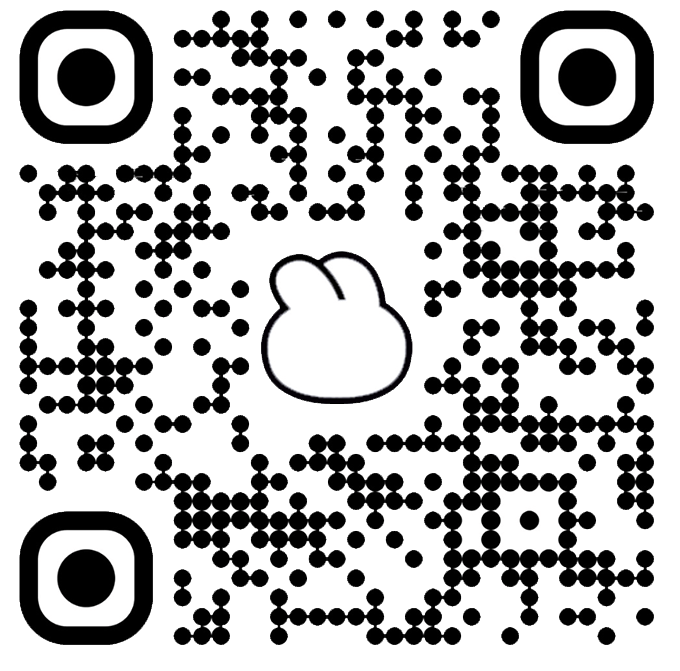Spelling practice can feel like a struggle for both you and your preschooler, especially when they lose interest fast! But learning to spell is important, and they need regular practice to improve. The good news? It doesn’t have to be a boring task. You can turn it into fun, engaging activities that blend into your everyday routine. With simple games, your child can enjoy spelling practice without even realizing they’re learning!
How to Teach Spelling to Kids: Key Skills
- Letter recognition – Your little one learns the alphabet, letters and their sounds. If they spot a big “M” on a store sign and say, “That’s M!” or find the first letter of their name in a book, they’re mastering this skill. Recognizing letters is the first step in learning to spell and read.
- Word memory – Your child remembers common words without sounding them out. If they instantly recognize “the,” “and,” or “mom” in a sentence, they’re building strong word memory. This skill is essential for reading fluency and confidence in school.
- Phonemic awareness – Your kid understands how sounds make up words. If they can break “hat” into “h-a-t” or hear “b-e-d” and say “bed,” they’re practicing working with sounds.
- Fine motor skills – Your kid learns to write letters and words clearly. If they can neatly trace their name or copy “sun” without struggling to hold the pencil, their hand muscles are getting stronger.
- Pattern recognition – Your little one spots spelling patterns in words. If they notice that “cake” and “lake” look similar and guess “rake” fits too, they’re learning spelling rules.
When kids develop these skills through fun activities and play, they learn faster and enjoy the process!
Spelling Help for Kids: Letter Beads and Crafts

Make spelling hands-on with a fun craft activity! Grab some letter beads and string them together to spell words. Start with names like “MOM,” “DAD,” or “LUCY.” You can also create fun bracelets with words like “HAPPY,” “LOVE,” or “FUN.” No beads? No problem! Cut small rectangles of paper, write letters on them, and string them together to make colorful name garlands. You can even stick letter magnets on the fridge and encourage your child to form words while waiting for a snack.
Tip: Say each letter aloud as your child strings them together. This helps with memory and recognition while making the activity more interactive.
This fun craft helps kids recognize letters and spell words. It also helps them practice using their hands and eyes to put things together.
Learn Spelling Words Fast for Child: Copying with Creativity
Turn copying into a creative game. If your child loves The Very Hungry Caterpillar, ask them to write down words like “CATERPILLAR” and “APPLE.” Let them use colored pencils, glitter paint, or even trace letters in sand or shaving cream. If they’re into superheroes, have them write “HERO” or “FLY” in bold letters.
Tip: Let your child choose words from their favorite books, toys, or even cereal boxes! Personalizing the activity makes it more fun and meaningful.
Writing words in creative ways helps kids remember letters and spell words better. It also helps them get better at drawing and using their hands.
Teaching Kids to Spell: Word Building Game
Use letter cubes or magnetic letters to build words. Start with simple words like “CAT,” “SUN,” or “LILY.” Once your child gets the hang of it, challenge them to make new words like “HAT” or “FAN.” For an extra challenge, give them random letters and ask, “Can you make a word with these letters?”
Tip: Turn this into a guessing game! Give your child a set of letters and see if they can figure out what word they can create.
Using letter cubes or magnets helps kids learn to spell and recognize words. They also practice problem-solving as they make new words.
Helping Kids with Spelling: Ball Game

Make spelling active! Grab a ball or soft toy. One person throws it while saying a word like “TREE.” The catcher spells it out: “T-R-E-E.” If they get stuck, the thrower helps by spelling it before tossing the ball again. Start with easy words like “DOG” and “SUN,” then try longer ones like “PENCIL” or “GIRAFFE.”
Tip: Make it a family game! Set a timer and see how many words your child can spell correctly in one minute.
This game helps kids spell words while moving, improving their spelling and listening skills. It also helps them stay active and remember words better.
Word Puzzles
Write a word like “PANDA” on paper, then cut it into “PAN” and “DA.” Mix them up and let your child put them back together. Try more words like “CANDLE” (“CAN” and “DLE”). Want to make it even more exciting? Hide the pieces around the room for a spelling scavenger hunt!
Tip: Challenge your child to create silly new words with the syllables they find! This helps them think creatively about spelling.
This game helps kids hear sounds in words and feel like little word detectives!
Printable Materials for Spelling Practice
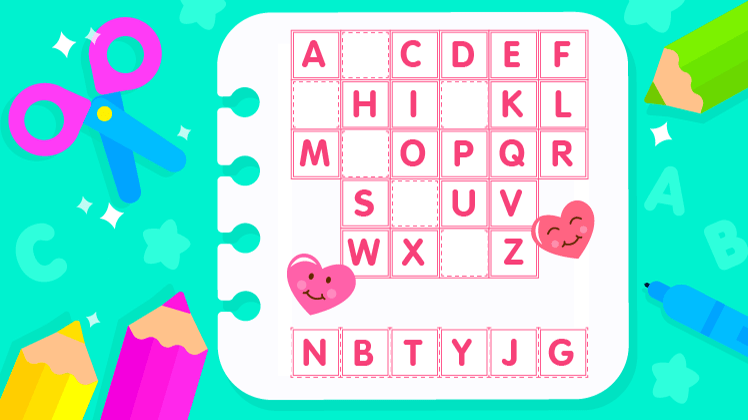
Print tracing sheets or use notebooks for writing practice. Your child can trace their name or words like “HOUSE” and “FLOWER.” Use themed worksheets—Halloween words like “GHOST” and “BAT” add excitement to learning!
Tip: Laminate worksheets so your child can practice again and again using a dry-erase marker.
Tracing words and letters helps kids get better at writing, recognizing letters, and using their hands. The fun worksheets make learning exciting!
Interactive Spelling Games
If your child enjoys screen time, make it educational! The free Bini ABC Games app has interactive spelling games that make learning exciting. These games teach essential spelling and phonics skills through playful activities. Your child can practice words like “BIRD,” “JAGUAR,” and “RABBIT” while playing fun challenges with colorful Living Letters.
Tip: Each online game takes just 5 minutes, making it perfect for kids who lose interest quickly. Short, fun lessons in our pad keep learning easy and exciting!
The Bini ABC Games app helps kids learn to spell with fun challenges. It also helps them remember words and stay focused while playing.
Make Spelling Fun Every Day
Spelling doesn’t have to be boring! You can make it fun with simple activities that your child will enjoy. Everyday moments are great chances to practice spelling at any level. While waiting at the doctor’s office or shopping, point to signs and ask your child to spell the letters they see. On car rides, spot road signs or license plates and have them spell out the words. These little lessons make spelling fun, and at the last moment of the day, they reinforce learning in a playful way!




